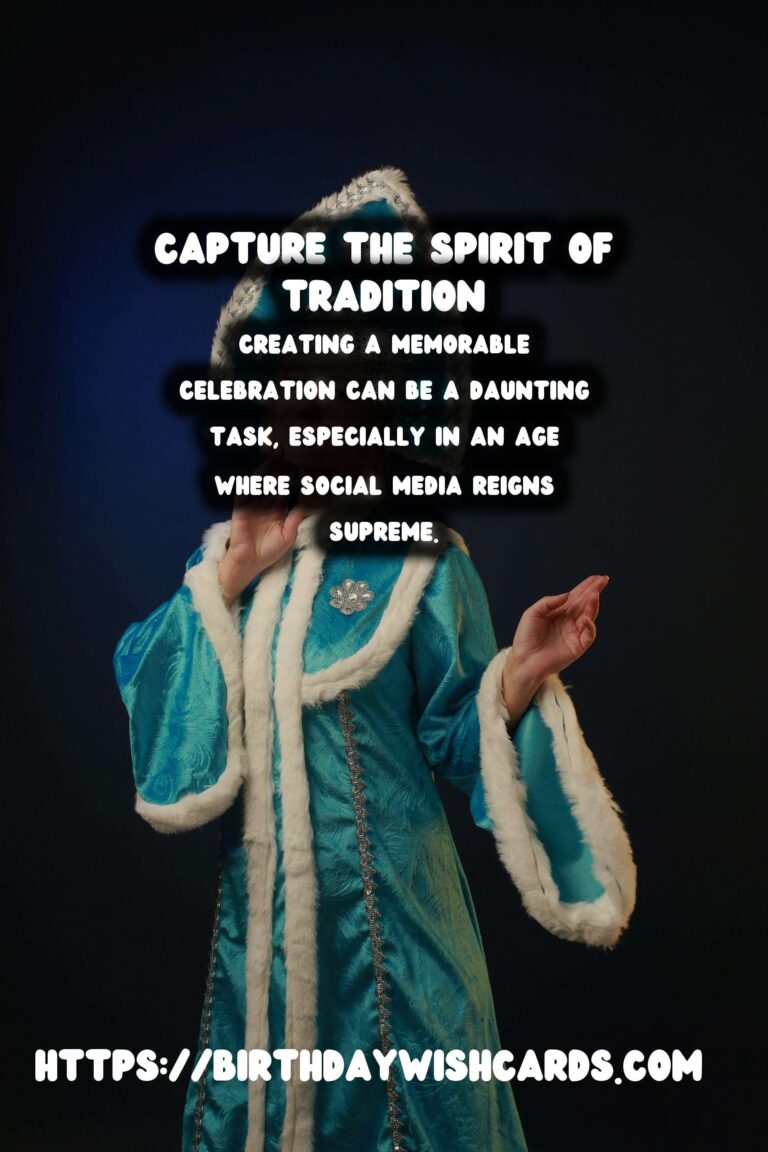The Rich History Behind Retirement: A Journey Through Time
The Rich History Behind Retirement: A Journey Through Time
Retirement is often seen as a modern concept, a well-earned reward for years of diligent work. However, the roots of retirement can be traced back through various cultures and civilizations, each influencing how we view the idea of rest and rejuvenation post-employment. In this comprehensive exploration, we delve into the history behind retirement, examining how perspectives on aging and work have evolved over time.
Ancient Perspectives on Work and Aging
In ancient civilizations, such as Egypt and Greece, the concept of work was closely intertwined with one’s social status. The wealthy elite could afford to retire from labor, while the lower classes worked tirelessly throughout their lives. In Egypt, the concept of ‘Heka,’ a divine force that governed both work and rest, suggested that both were essential for harmony.
The Greeks took a more philosophical view on aging and work. For them, a man’s worth was often judged by his contributions during his active years. However, philosophers like Aristotle recognized the value of leisure, suggesting that a life well-lived is one that balances work and rest.
The Middle Ages: Work, Wealth, and the Church
During the Middle Ages, the Catholic Church held significant power over societal norms, including work and retirement. The concept of ‘holy leisure’ emerged, which encouraged individuals, especially clergy, to take time away from work for contemplation and community service. This idea paved the way for what may resemble modern retirement.
Peasants, however, did not have the luxury of retirement; they tended to work until they could no longer physically manage it. The less fortunate were often reliant on family structures or charitable institutions as they aged.
The Industrial Revolution: A Shift in the Workforce
The Industrial Revolution brought about drastic changes to work and retirement. As people moved to cities and became part of the factory system, the notion of a continuous working life solidified. Labor laws began to change, with increased awareness surrounding workers’ rights and working conditions.
Retirement, as part of a social safety net, gained traction during this period, particularly as factory work proved to be grueling and relentless. The concept of pensions emerged, providing some workers financial support in their old age.
The 20th Century: Formalizing Retirement Plans
In the early 20th century, the formalization of retirement plans gained momentum. The introduction of Social Security in the United States in 1935 marked a pivotal shift in how society approached retirement. This program provided financial assistance to retirees, allowing them to sustain themselves independent of family support.
As life expectancy increased, so did the time spent in retirement. The societal implications were profound; workers were now encouraged to save, invest, and plan for a future beyond their working years. Employer-sponsored pension plans began to flourish.
The Modern Era: Retirement Today
In the 21st century, retirement continues to evolve. The definition of retirement is changing, with many choosing to continue working part-time or engage in volunteer activities to stay active. The concept of ‘retirement’ no longer signifies a complete withdrawal from the workforce but rather a transition to different forms of work.
Additionally, the rise of digital technology has opened new avenues for retirees, allowing for remote work and flexible schedules. The traditional retirement age is becoming fluid, with many opting to retire later or take on new careers in their golden years.
Conclusion: The Future of Retirement
The history of retirement reflects broader societal changes and varying attitudes towards work and aging. As we advance into the future, the concept of retirement will likely continue to shift, influenced by economic factors, technological advancements, and changing cultural norms.
Understanding the historical context behind retirement can aid individuals in better preparing for their own retirement journeys, ensuring that this significant life stage is approached with wisdom and foresight.
Retirement is often seen as a modern concept, a well-earned reward for years of diligent work.
The roots of retirement can be traced back through various cultures and civilizations, each influencing how we view the idea of rest and rejuvenation post-employment.










#Retirement #HistoryOfRetirement






